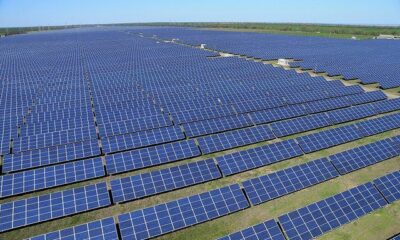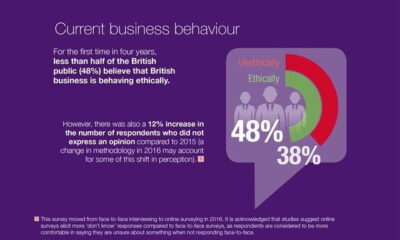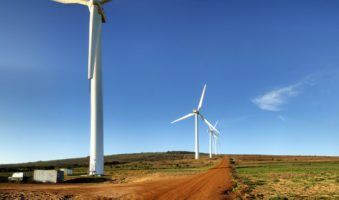

Features
Executive pay; feed-in tariff cuts; and the energy bill: May in headlines
May was another eventful month for Blue & Green Tomorrow and indeed, the sustainability space more generally. Here’s a round-up of some of the biggest headlines to emerge in the last four weeks.
At the beginning of May, it was insurance giant Aviva that dominated the financial services headlines, after 54% of its shareholders voted against its executive pay guidelines (Aviva shareholders speak out on executive pay).
The Guardian (Aviva rocked be shareholder rebellion over executive pay), The Financial Times (Investor fury at executive pay policies) and the BBC (Aviva loses vote on executive pay at its AGM) covered the news in a similar fashion.
The number of shareholders opposed to Aviva’s remuneration report was nine times the British average – something that The Telegraph called “humiliating” (Aviva suffers humiliating revolt over executive pay).
It also reported how two of Aviva’s largest shareholders had called for CEO Andrew Moss to be replaced (Aviva investors call for CEO Andrew Moss to be replaced). And, just days later, their wishes were granted. Reuters reported that Moss had quit on May 8 (Insurer Aviva’s CEO quits after pay revolt).
Another subject that dominated May’s headlines was the release of the draft energy bill. The Queen had hinted at a reform of the energy market in her speech on May 9 (Government takes small but positive steps in Queen’s Speech) and on May 22, the draft bill was released (Energy bill claims to ensure “secure, clean and affordable electricity).
We picked out some of the best reactions to the bill in an industry round-up (Industry reacts to energy bill draft).
Energy secretary Ed Davey told The Telegraph that the criticism towards the draft bill “shows reforms are right” (Industry criticism of draft energy bill ‘shows reforms are right’, says energy secretary Edward Davey).
The Guardian’s Leo Hickman blogged about whether the draft bill will help the UK meet its climate targets (Energy bill: will it help the UK meet its climate goals?).
“Two decades out and we are already seeing signs of slippage on the government’s carbon ambitions”, he concluded. “Is it any wonder that many people see such goals as hollow words spoken by politicians who live or die by short-term political cycles?”
Meanwhile, outspoken writer George Monbiot wrote a piece describing how the energy bill is “misleading, manipulative and destructive” (The energy bill is misleading, manipulative and destructive) after he had had a conversation with Davey.
The final big news story to come out of May was the latest instalment in the long-running feed-in tariff (FiT) saga. But for solar PV owners, there is light at the end of the tunnel – for now at least.
Davey had hinted in the middle part of the month that cuts to the FiT might be delayed (Davey confirms possible delay to feed-in tariff cuts), and indeed, on May 24, the Department of Energy and Climate Change confirmed that the cuts wouldn’t surface until August (Industry relief as feed-in tariff cuts delayed until August).
The Guardian’s Adam Vaughan wrote a Q&A piece all about feed-in tariffs in wake of the announcement (Q&A: feed-in tariffs), as well as writing a news piece (UK solar subsidy to be cut).
And with that, May turned into June. The big news this month is likely to surround Rio+20, which takes place from June 20-22. Make sure you stay tuned for that.
Further reading:
Renewable energy investment; fracking; and the not-so-green government: April in headlines


 Environment12 months ago
Environment12 months agoAre Polymer Banknotes: an Eco-Friendly Trend or a Groundswell?

 Features11 months ago
Features11 months agoEco-Friendly Cryptocurrencies: Sustainable Investment Choices

 Features12 months ago
Features12 months agoEco-Friendly Crypto Traders Must Find the Right Exchange

 Energy11 months ago
Energy11 months agoThe Growing Role of Solar Panels in Ireland’s Energy Future




























